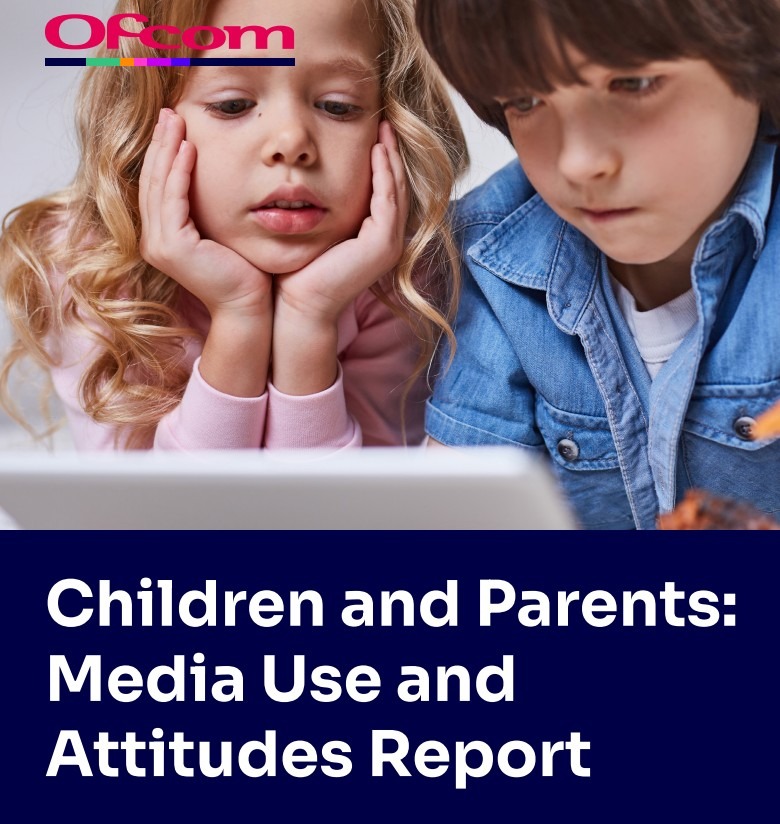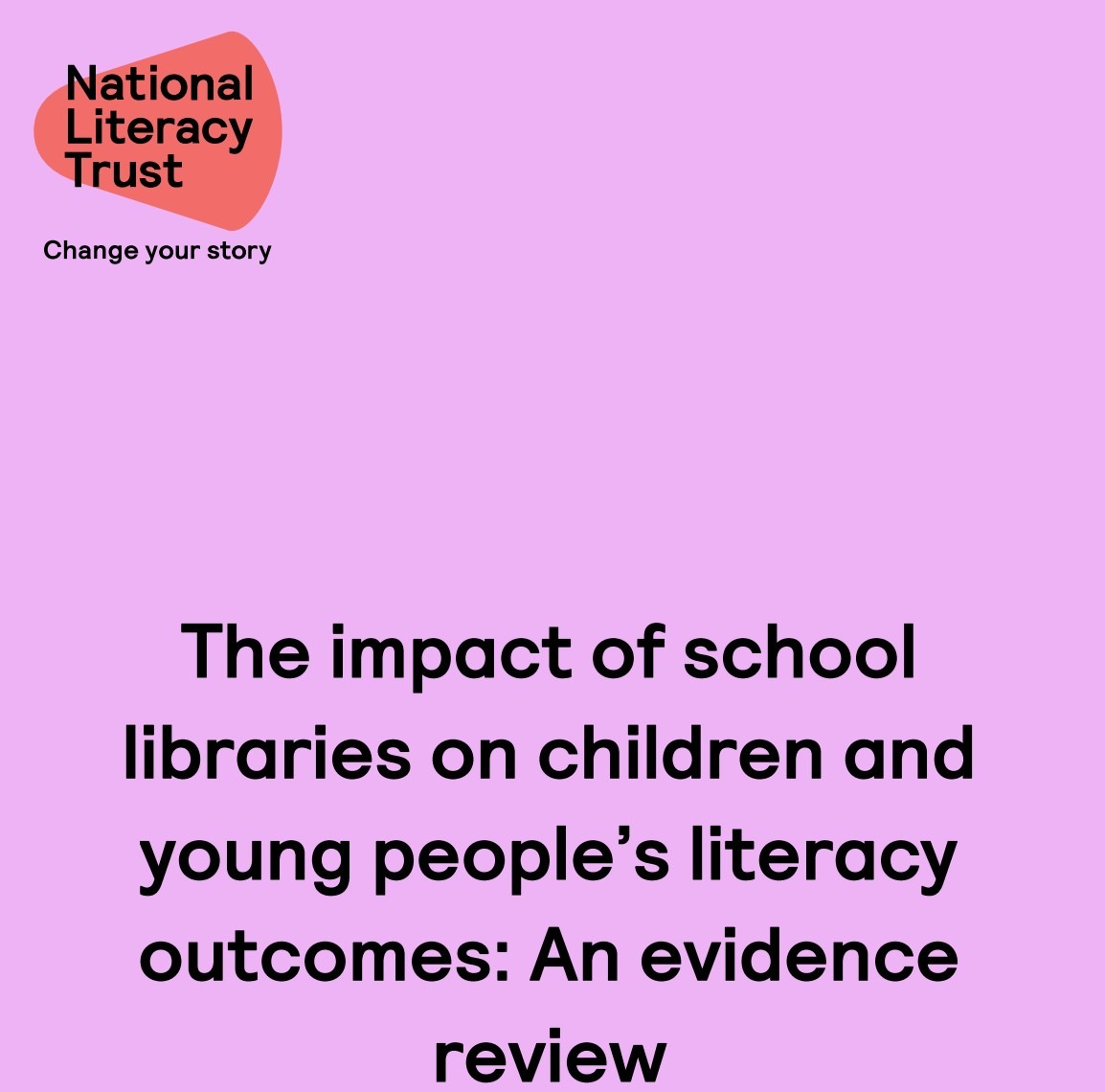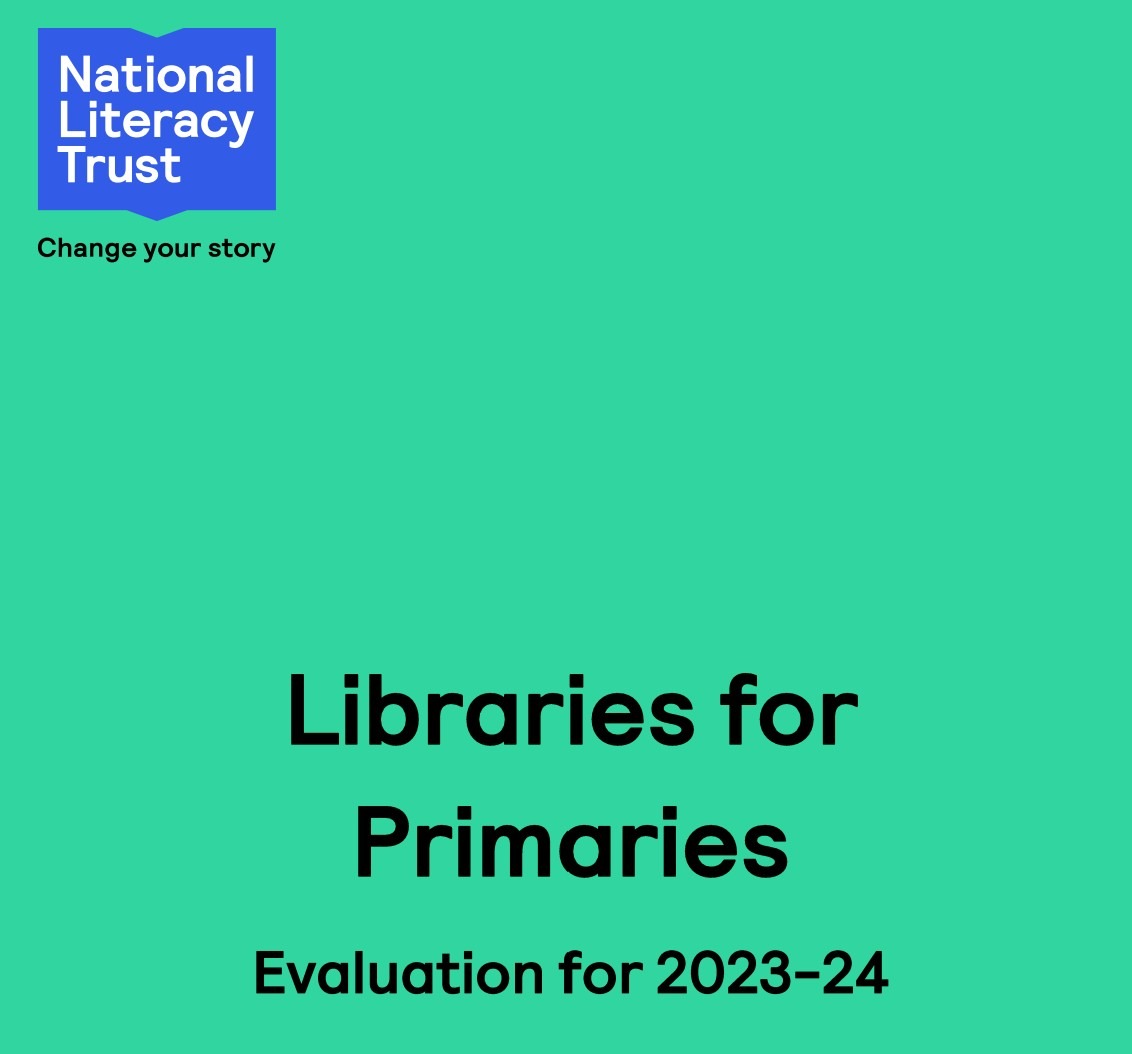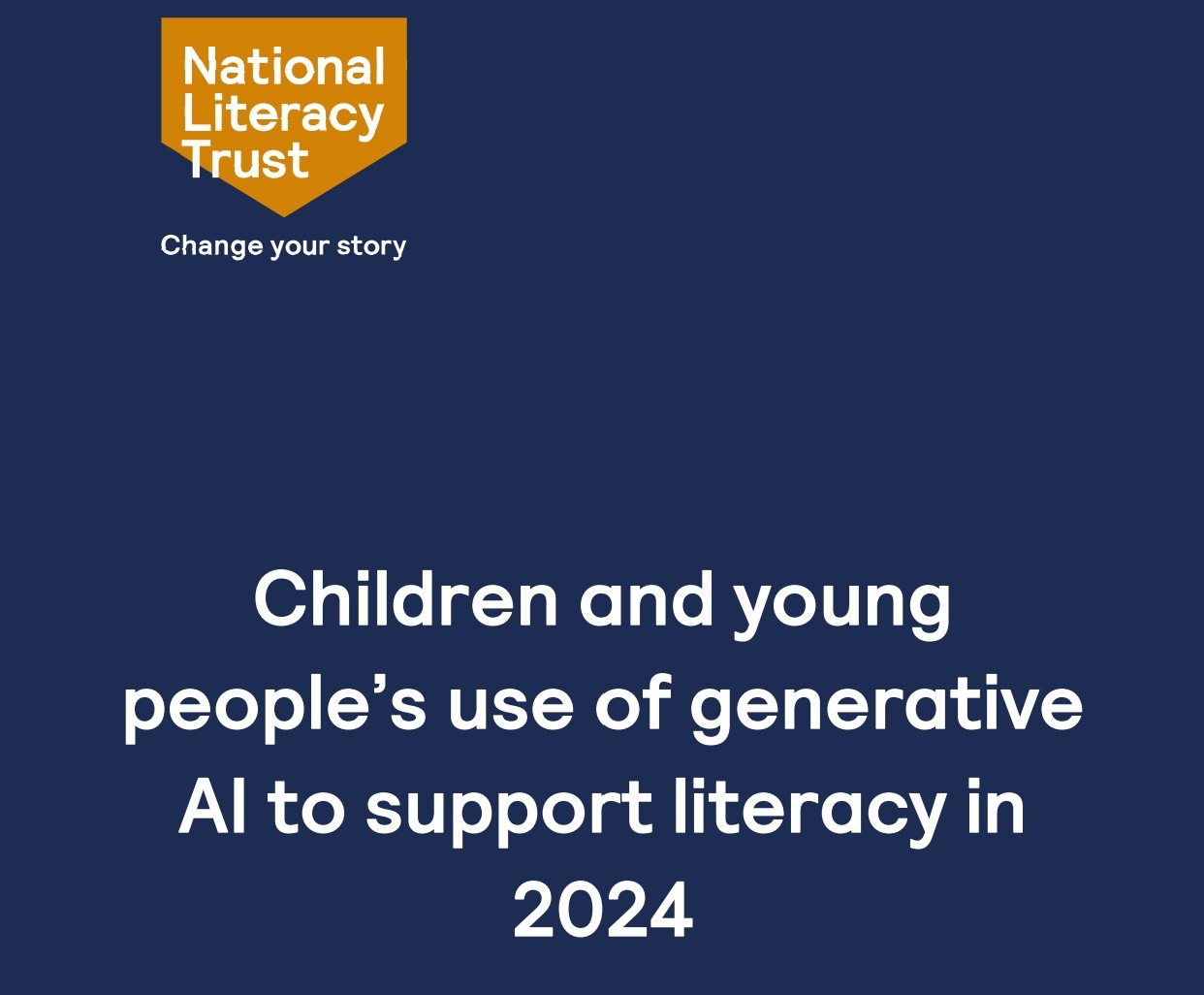The death of topic teaching in UK primary schools
Walk into many primary classrooms and you still see the traces of topic teaching: The Victorians running across the wall, rainforests wrapping together English, science and geography, castles holding the whole term’s work. For a long time, this felt creative and pupil-friendly. In 2025, it is something else. Under the new inspection framework, in the shadow of the Curriculum and Assessment Review, in a world saturated with AI and on-demand media, broad themes are not a harmless preference. Topic teaching now sits directly against the direction of policy, evidence and children’s real lives.
Topic teaching in its traditional, whole-term, cross-curricular form is no longer defensible as good practice in England. It exposes schools to avoidable inspection risk, weakens curriculum thinking, and short-changes pupils’ entitlement to serious subject knowledge. Senior leaders, curriculum leads and school librarians have enough evidence in front of them now to move on.
What topic teaching actually does to the curriculum
The idea behind topic teaching is simple: choose a theme, wrap multiple subjects around it, and search for links. The reality is that the theme starts to drive decisions that should be made by subjects.
Pia Kreijkes and Jackie Greatorex’s 2024 review of reviews on subject-based and integrated curricula is one of the clearest summaries of the evidence. Across international studies, they find no reliable advantage for heavily integrated models and repeated concerns about loss of disciplinary depth, muddled progression and assessment problems. Their work also shows how easy it is for integration to become a label pasted over thin or disconnected content.
When planning runs through topics, three patterns tend to appear:
- Depth gives way to coverage. To keep the theme alive, teachers touch on many ideas briefly instead of building a secure sequence within each subject. Core concepts in science, history or geography are compressed or skipped because they do not fit the story arc.
- Progression becomes opaque. It is harder to see how states of matter, ancient civilisations or grid references develop across a key stage when they appear as fragments inside different themes. Senior leaders and subject leads struggle to check whether pupils have met the full programme of study.
- Assessment fragments. Tasks tend to be large, mixed-outcome products: posters, projects, showcases. They can be enjoyable, but they rarely give clean evidence of what pupils know and can recall in each subject without scaffolding.
Kreijkes’ conclusion is not that links across subjects are always bad, but that subject identity and progression have to lead. Integration is a tool, not a structure. Traditional primary topic webs reverse that logic.

How the 2025 inspection framework closes the door on topics and thematic teaching
The Education Inspection Framework (EIF) for use from November 2025 codifies this shift in a way leaders cannot ignore. Ofsted’s renewed framework moves to a report card model, with a five-point scale for each evaluation area and no single overall grade. Curriculum and teaching, achievement, attendance and behaviour, inclusion, safeguarding, personal development and leadership each receive a separate grade.
For schools, the crucial point is that curriculum and teaching is inspected at subject level. The framework and associated school toolkits expect:
- Clearly defined endpoints for each subject.
- Sequences of knowledge that are at least as ambitious as the national curriculum.
- Teaching that helps pupils build and retain that knowledge over time.
- Assessment that aligns with these sequences rather than with isolated activities.
The Curriculum and Assessment Review reinforces the same message. It describes a subject-organised national curriculum, identifies overload as a risk, and calls for stronger foundations in literacy and numeracy and deeper disciplinary content. The analytical annex stresses the importance of explicit programmes of study by subject and highlights how English and maths occupy a large share of teaching time in primary, with other subjects carrying statutory status but less contact time.
Set those expectations next to a school still running a creative curriculum through a handful of whole-term topics. Inspectors will ask:
- Where, in geography, is the planned progression in locational knowledge, place knowledge and fieldwork?
- Where, in science, is the clear sequence from concrete observation to more abstract understanding?
- How do pupils learn, revisit and remember key concepts and vocabulary year on year?
- How does your school library and classroom library stock reflect what the children need for deep subject learning?
If the answers live mainly in topic webs and project folders, and not in subject-mapped plans and books, the school will struggle to evidence strong or even secure standards. Ofsted’s own guidance is explicit that curricula must be at least as broad and deep as the national curriculum, and that inspectors look for coherent subject plans, not lists of activities.
In the new framework, topic teaching does not read as creativity. It reads as weak curriculum thinking and poor long-term planning.

Curriculum reform: subjects in, themes out
The Curriculum and Assessment Review, Building a world-class curriculum for all, sits alongside the EIF and points in the same direction. The review accepts the basic architecture of a subject-based national curriculum from key stage 1 to key stage 4. It argues for:
- Retention of national exams at 16, but with reduced assessment load on a subject-by-subject basis.
- Strengthened diagnostic assessment in English and maths in lower secondary.
- Clearer attention to writing, reading and core knowledge as foundations for progression.
Although the review does not legislate for primary pedagogy, its vision is clear. English and maths remain central. Subjects carry defined programmes of study and expectations. Assessment is designed around these. There is no suggestion that long, multi-subject themes are the route to a world-class curriculum.
For primary leaders, the implication is straightforward. In a system that keeps statutory programmes of study by subject, maintains high-stakes tests in core disciplines, and describes curriculum coherence in subject terms, topic teaching is at best a distraction. At worst, it erodes the very clarity the review seeks.

Towards an Effective Digital Education Ecosystem
AI, homework and the collapse of topic research
One unspoken (yet often poorly evidenced for inspections) justification for topic work has been that it trains children to do research: to gather facts from books and websites and present them. In the age of generative AI, that justification has collapsed.
National Literacy Trust data from more than 50,000 pupils aged 8–18 show a rapid rise in the use of generative AI. In 2024, three in four young people aged 13–18 reported having used generative AI; about one in five said they often copied what AI produced for homework without checking it. By 2025, around two-thirds still used AI, but a larger share did so weekly or more often, often to ask questions, get homework help, and generate ideas and summaries.
Teachers’ own AI use has also grown. In 2025, three in five teachers reported using AI, often to create resources and quizzes, while a majority expressed concern that generative tools might reduce pupils’ engagement with learning and the perceived value of developing reading and writing skills.
The OECD’s Digital Education Outlook 2023 takes a system-level view. It notes that generative AI use in education is already widespread and that countries need explicit guidance, guardrails and a focus on strong underlying literacy if learners are to use AI critically.
In that landscape, a topic sequence built around researching facts about the Romans or volcanoes is not just weak. It is seriously misaligned. Pupils can already summon basic information from AI in seconds. The added value of education is not surface-level fact-collection but mastery of disciplinary concepts, methods and ways of judging claims. Only subject-secure teaching can do that. Topic-based poster work, presentations and generic projects are particularly vulnerable to AI substitution and plagiarism, and they do little to build the critical habits that AI-rich futures demand.

Gen Alpha: personalised media, narrow topics, and the rejection of vague school themes
Children’s lives outside school have also moved away from the shared, broad topics that primary curricula used to assume.
Ofcom’s Children and parents: media use and attitudes reports show near-universal internet access among 3- to 17-year-olds, very high use of YouTube and other video platforms, and declining engagement with traditional broadcast TV. Newer data for 2024 describe how even younger children move fluidly between short-form video, games and social platforms, often following specific creators and niche interests rather than over-broad themes.
This media pattern matters for the curriculum. Gen Alpha pupils arrive at school accustomed to tailored feeds, micro-topics and deep dives into their chosen interests. Some immerse themselves in coding tutorials; others in climate science explainers, football tactics, manga analysis or craft channels. A single, whole-class topic like The Tudors or Under the Sea no longer matches that environment. For many pupils, it feels artificial and thin compared with the sophisticated material they access on their own.
Labour-market analysis in the Curriculum and Assessment Review underlines the need for strong English and maths and solid subject foundations as the gateway to increasingly specialised post-16 and employment routes. Children will move into sectors defined by depth of disciplinary knowledge, digital competence and the ability to handle complex information. Topic teaching steers away from that reality by spreading attention across surface features of many areas.
The result is a double disconnect. Topic themes no longer mirror children’s media lives, and they do not prepare them for the subject structures of later study and work.
Accountability: topic teaching as a liability, not a shield
Some schools still see topics as a way to keep curriculum enjoyable while superficially covering content, with the hope that inspectors will value engagement and creativity. That hope is misplaced.
The EIF is explicit that inspection focuses on the quality of education through the lens of curriculum, teaching and achievement, with safety, inclusion, and behaviour also reported. The Curriculum and Assessment Review confirms that statutory programmes of study by subject remain in place and that exams in core subjects will continue, albeit with some reduction in overall load.
In primary schools, this means:
- Students still sit high-stakes assessments in reading, maths and grammar at the end of key stage 2;
- Schools are still expected to deliver the full range of foundation subjects;
- Inspection judgments are tied to how securely subject content is planned, taught and remembered.
Topic teaching cuts across each of these. It obscures whether statutory content has been taught in full. It makes it harder to see whether pupils can meet assessment standards in the specified constructs. It often leads to foundation subjects receiving less careful sequencing than English and maths.
Ofsted’s own curriculum commentaries and research reports, including those feeding into the 2025 framework, have repeatedly criticised activity-led curricula where tasks are chosen for engagement rather than for what they teach. Topic-heavy models are almost always activity-led. That makes them visible red flags in inspections. Under the new five-point scale, where expected standard requires all standards to be met and strong and exceptional require more, topic teaching is not a neutral style choice; it is an easy way to fall below secure.
For senior leaders, this is a serious issue. Persisting with topic teaching is now a conscious decision to carry avoidable accountability risk. It risks teaching and learning being branded by inspectors as lazy and lacking direction.

Libraries, genres and the real thing
If broad topics are the wrong organising principle for the curriculum, they are also the wrong organising principle for reading.
The National Literacy Trust’s Evidence review: school libraries and its Libraries for Primaries evaluation pulls together international and UK evidence: well-resourced school libraries are linked with higher attainment, stronger reading for pleasure, and better attitudes to reading, particularly for pupils who lack access to books at home. The 2023–24 evaluation of Libraries for Primaries, based on 450 schools, found positive effects on the quality and diversity of stock, practitioner confidence, and pupils’ enjoyment and confidence as readers.
This body of work points towards libraries organised by genre, reading level and subject field, stocked with up-to-date, diverse material. It does not support the idea that classroom and school libraries should mirror termly topics. On the contrary, the evidence suggests that giving pupils access to the real thing – full novels, serious non-fiction, graphic novels, poetry, manuals, biographies – is what lifts reading and achievement.
For management librarians and leaders, the practical implications are clear:
- Audit library and classroom stock for heavy reliance on topic packs, photocopied texts and dated series tied to school themes;
- Rebuild shelves by genre (fantasy, historical, crime, humour, verse novels, graphic novels) and by subject area (science, technology, environment, history periods, geography regions, politics and citizenship, digital culture);
- Align purchasing with the subject curriculum, not with broad topics, so that every science, history or geography unit is supported by authentic texts;
- Use displays and reading promotion to foreground real authors, series and subject fields, not just the latest whole-school topic.
When pupils can browse a serious science section, a rich historical shelf, or contemporary graphic novels in genres they already know from streaming and games, the contrast with topic books is stark. Gen Alpha recognises authenticity. The library becomes a place where the school connects with the wider knowledge ecosystem, not a repository of diluted materials aligned to adult-chosen themes.

What to do instead: a subject-first, library-rich model
If topic teaching is no longer tenable, what replaces it? The answer is not a joyless timetable of disconnected lessons. It is a subject-first model that uses carefully chosen links and high-quality texts, underpinned by modern library provision.
For primary leaders, the core steps are:
- Rebuild long-term plans by subject. Map out, for each subject, the knowledge, concepts and vocabulary pupils will secure in each year, aligned with the national curriculum and with the expectations in the EIF and curriculum review. Map curriculum gaps to library, book stock and new book purchasing planning.
- Design assessment around that knowledge. Use short, regular checks that tell you what pupils have retained and can apply, rather than relying on big topic projects as proxies.
- Use cross-curricular links sparingly, deliberately and with a strict evidential basis. Where a historical period aligns naturally with a class novel, or a science topic with non-fiction reading, exploit it – but never at the expense of disciplinary progression.
- Invest in libraries and classroom collections. Follow the Libraries for Primaries research and evidence-review recommendations on diversity, currency of stock and pupil access.
- Teach AI-aware research as a subject skill. In upper key stage 2, build explicit sequences on how to ask questions of AI, verify information against trusted sources, and recognise limits and biases – but always on top of solid subject knowledge.
This model is prescient, relevant and future-proof. It recognises that children live in a world of personalised feeds and generative tools, and it responds by doubling down on what only schools can do: teach disciplines properly, give access to serious texts, and cultivate judgement.
A professional line in the sand
Topic teaching has a strong emotional pull. Many experienced staff might remember it fondly from much earlier phases of their career. Some parents still associate it with a fun primary experience. But professional responsibility means looking at the system as it is now, not as it was.
The research on integrated curricula, the 2025 inspection framework, the Curriculum and Assessment Review, the AI evidence from the National Literacy Trust, the OECD’s analysis of digital ecosystems, and the library evidence base all point in the same direction. They describe an education system that expects clear disciplinary structures, strong literacy and numeracy, thoughtful use of digital tools, and serious attention to the role of libraries. Topic teaching does not belong in that system.
For teachers, senior leaders and librarians, the choice is therefore not between traditional and creative. It is between clinging to a model that no longer fits, or leading a shift to subject-first, text-rich, AI-aware education. The evidence now strongly supports the latter. Topic teaching’s time is over.

Further reading
- Ofsted, Education inspection framework: for use from November 2025 – sets out the renewed framework, evaluation areas and inspection principles for schools and other providers in England.
- Ofsted, School inspection: toolkit, operating guides and information – provides the state-funded schools inspection toolkit, operating guide and monitoring guidance used alongside the new EIF from November 2025.
- Department for Education, Curriculum and Assessment Review Final Report: Building a world-class curriculum for all – main government page hosting the 2025 curriculum and assessment review documents for England.
- Department for Education, Curriculum and Assessment Review Final Report: Building a world-class curriculum for all (PDF) – full 197-page report setting out recommendations on curriculum breadth, depth, assessment and core subjects.
- Department for Education, Curriculum and Assessment Review Final Report: Analytical annex (PDF) – supporting analytical annex giving data and methodological detail behind the curriculum and assessment recommendations.
- Kreijkes, P. & Greatorex, J. (2024), Differential effects of subject-based and integrated curriculum approaches on students’ learning outcomes: A review of reviews – peer-reviewed article synthesising international evidence on integrated vs subject-based curricula.
- Kreijkes, P. (2023), Differential effects of subject-based and integrated curriculum approaches on students’ experiences and outcomes: A review of reviews (Cambridge Assessment paper) – research paper outlining the methodological basis and findings on integrated curriculum models.
- Cambridge Assessment, Researcher profile: Pia Kreijkes – lists and briefly describes the 2023 and 2024 studies on subject-based and integrated curricula.
- National Literacy Trust, Picton & Clark (2024), Children and young people’s use of generative AI to support literacy in 2024 – large-scale survey report on how 8- to 18-year-olds use generative AI for ideas, homework and writing.
- National Literacy Trust, Picton (2025), Young people’s use of AI to support literacy in 2025 – follow-up report analysing AI use, frequency and attitudes among 13- to 18-year-olds in the 2025 Annual Literacy Survey.
- National Literacy Trust, Young people and teachers’ use of generative AI to support literacy in 2025 (project page) – summary page linking to separate reports on young people’s and teachers’ AI use and perspectives in 2025.
- Picton (2025), Teachers’ use of AI to support literacy in 2025 – survey report on how UK teachers use generative AI, including concerns about engagement and academic integrity.
- Ofcom, Children and parents: media use and attitudes report 2024 – core study of media access, platforms and online behaviour among children aged 3–17 and their parents in the UK.
- Ofcom, Media habits (children) hub – index page linking to interactive data and annual Children and parents: media use and attitudes reports, including 2023–2025 releases.
- National Literacy Trust, Cole (2023), The impact of school libraries on children and young people’s literacy outcomes: An evidence review – synthesises UK and international research on how school libraries affect attainment, attitudes and access.
- National Literacy Trust, Libraries for Primaries: evaluation and evidence review (2023) – evaluation of early phases of the Libraries for Primaries programme and its impact on stock quality, diversity and practitioner confidence.
- National Literacy Trust, Libraries for Primaries 2023/24 Evaluation (2025) – evaluation report based on 450 primary schools, detailing changes in provision, reading engagement and equity of access.
- National Literacy Trust, Clark et al. (2024), Children and young people’s reading in 2024 – large-scale survey (76,000+ pupils) on reading enjoyment, frequency and links to reading skill, showing record lows in reading for pleasure.
- Clark et al. (2024), Children and Young People’s Reading in 2024 (full report PDF) – detailed statistical report on trends in enjoyment, daily reading and attainment differences by gender, age and socioeconomic status.
- OECD (2023), OECD Digital Education Outlook 2023: Towards an Effective Digital Education Ecosystem – international analysis of digital education ecosystems, AI in education and governance challenges for effective, equitable use.
